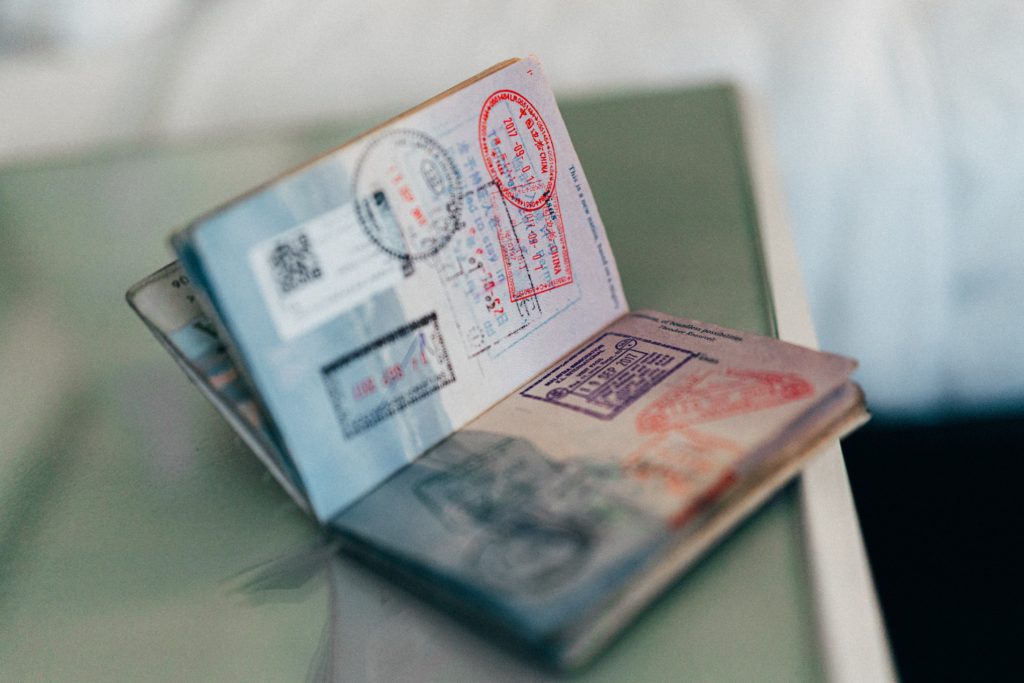
PhD in Germany for Indians is a real. Germany is the leader in the number of students who have defended their Ph.D. theses in Europe. There are several forms of postgraduate study in Germany: depending on the direction, research project, and type of university. The main ones are individual postgraduate studies and structured postgraduate programs.
Individual postgraduate study
The one-to-one postgraduate study in Germany is the most popular form of postgraduate study among Indians.The graduate student should find a professor who agrees to become the supervisor of the dissertation project. Then the student independently works on the dissertation.
The duration of the study (usually from three to five years) depends on the individual schedule or on the period for which a place in graduate school is provided.
Moreover, the graduate student should choose the base on which organization he/she will work to conduct research. It could be:
• University-based training;
• non-university research center;
• industrial enterprise.
Structured Phd Programs

In addition to the possibility of studying in individual postgraduate studies, it is possible to obtain a Ph.D. in Germany within the framework of structured postgraduate programs. Structured postgraduate study programs are similar to the Anglo-Saxon Ph.D. system.
In this case, the graduate student is supervised by a group of scientific advisers. Such programs include an accompanying curriculum, are quite often interdisciplinary, and allow, in most cases, to acquire additional skills (Soft Skills) and qualifications. The consistency and intensity of scientific leadership in structured learning programs typically lead to a Ph.D. in three to four years.
Funding for Indian Students in Germany
Ph.D. degrees at public universities in Germany are free of charge for at least the first six semesters. Indians who require a visa to enter Germany must prove that they have financial resources of at least 8,000 euros per year.
Foreign graduate students, including Indian students, need an average of about 820 euros per month for housing, food, clothing, travel expenses, teaching aids and materials, leisure, etc. If a student is enrolled in a university, then the named amount also includes semester fees, which must be paid upon admission. By paying semester fees, a student, upon presenting a student ID, receives the right to reduced travel, a discount in the student canteen, swimming pool, and cinema tickets.
Scholarships and Support Programs
Germany offers numerous financial support programs for Indian graduate students. The largest number of scholarships is accounted for by the German Academic Exchange Service DAAD.
For admission to doctoral studies in Germany, a student must have:
- Master’s degree from a recognized university in Germany or another country
- DSH certificate (DSH score 3) or TestDaF (TDN score 5) (for studies in German)
- IELTS certificate (from 6.5 points and above) or TOEFL (for studying in English)
- future research project
Guide to get a PhD in Germany for Indians

Get a PhD in Germany for Indians include few steps. After finding a program in Germany and choosing a supervisor, the graduate student needs to write a letter of appeal addressed to the selected supervisor.
Scholarship Application
The graduate student can attach an application for financial support to the cover letter.
CV
The main attachment to the letter of appeal to the supervisor is the graduate student’s resume.
A standard resume should include the following points:
1. Personal and contact information;
2. Academic experience (indicating educational institutions and degrees);
3. Work experience;
4. Other experiences (for example, volunteering, working on community projects, etc.);
5. Student publications and articles;
6. Research experience;
7. Knowledge of foreign languages;
8. Possession of computer and computer programs
The resume should also include your photo. This requirement is optional but must be met according to German business etiquette standards.
Enrollment and visa processing

In case of receiving a positive answer from the supervisor, the student also receives an invitation to study from the university. It is important to get it at least 2 months before the intended move to Germany.
With an invitation to study from a German university, an Indian student can apply to the German embassy for a national visa. Upon arrival in Germany, after 3 months, the national visa and insurance must be exchanged for a long-term visa (the duration of doctoral studies in Germany is 3-4 years) and German insurance.
If you planning to stay in Germany, then after graduation from University you must extend your visa. An excellent assistant in this matter can be a Job seek visa in Germany.



